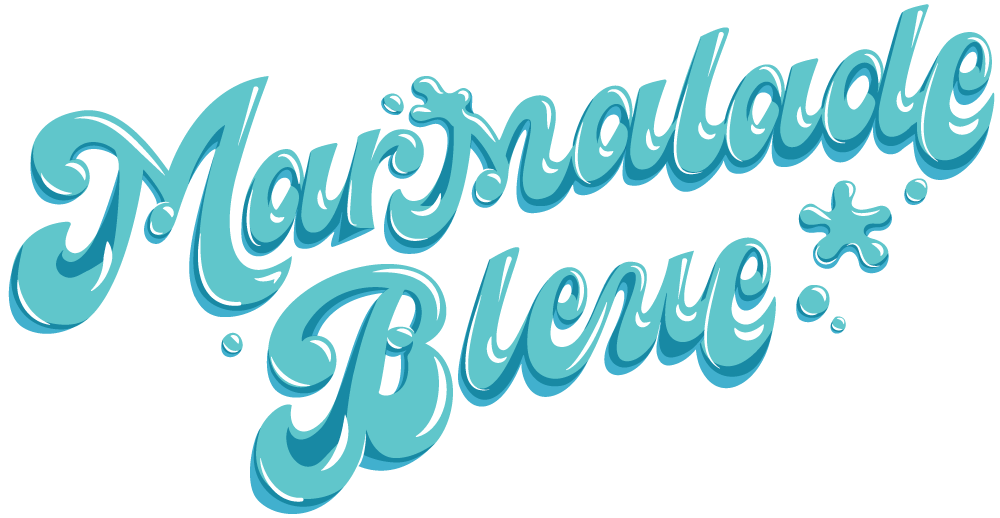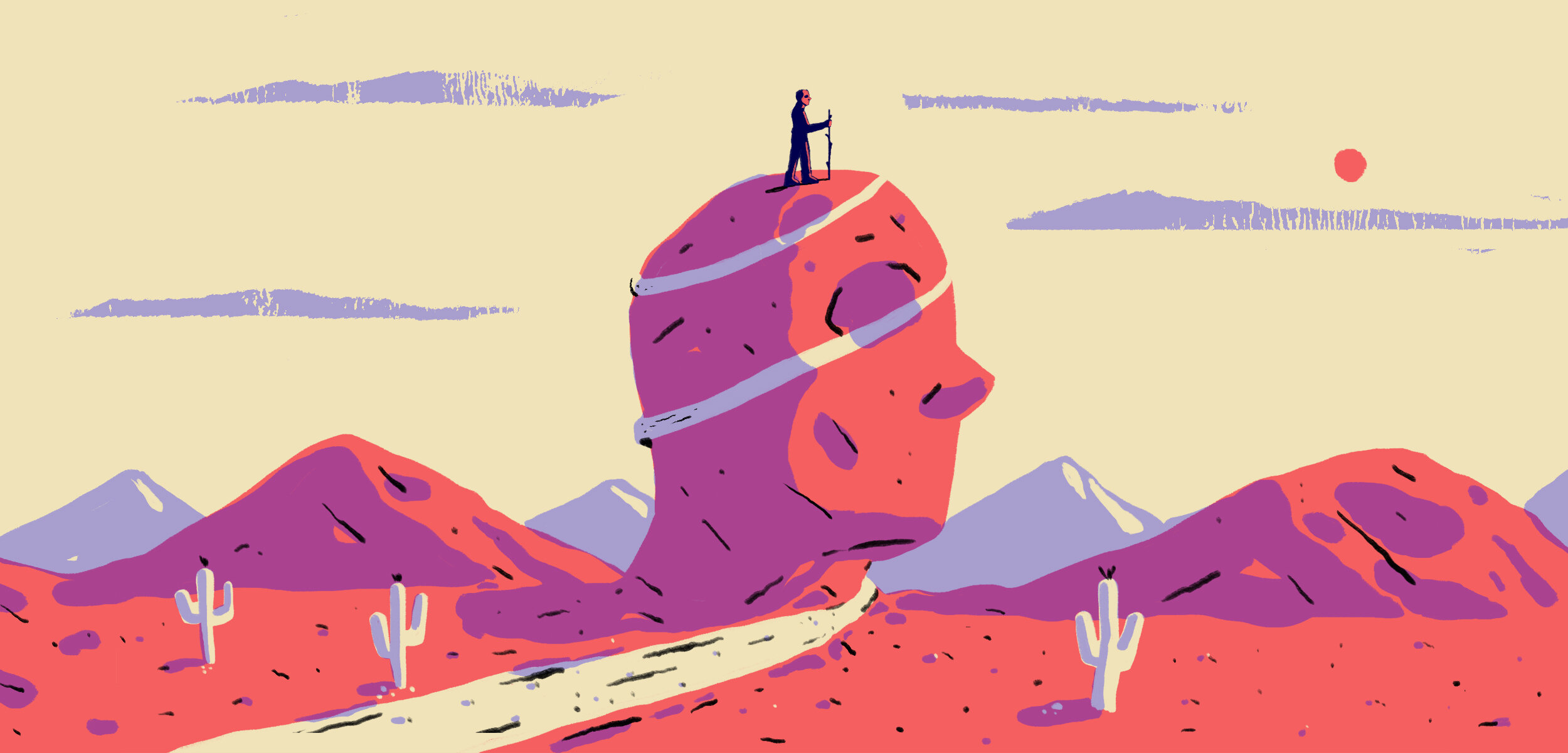The Tenuous Climb to Creative Fulfillment
(originally written for Working Not Working, art by Kevin Whipple)
I still think about Anthony Bourdain regularly, his boyish, crooked smirk wrapped around a Brooklyn accent, slightly raspy from years of smoking. I consider his Iraqi episode weekly, the covert diplomacy he dutifully served over every meal. While writing this, I almost hear his measured cadence rehearsing these words over a montage of travel shots. And I still think about how he is no longer with us, how we the living speculate about his new journey into Parts Unknown.
I remember reading a quote published the week of his death via Kevin Pang for The Takeout, the implications of which struck a nerve:
“I have the best job in the world. If I’m unhappy, it’s a failure of imagination.”
— Anthony Bourdain
My heart sank because I’ve known this place, the dangerous sinkhole of living The Dream™ and implication that any dissatisfaction with ourselves means we are beyond repair. This is the broken part of a creative mind, a mutation written into our code that insists we fall short for being human.
We creative professionals love to remind ourselves how lucky we are to “do what we love,” the privilege of making money through avenues traditionally viewed as hobbies. Yet we are no more exempt from depression and sadness than multimillionaires are from financial troubles.
The pressure of doing what you love stands to kill you faster than doing what makes you apathetic. Our identities more quickly attach to a profession we hold dear because it runs parallel to our sense of personal purpose. We feel exultation at our highest heights and utter despair at our lowest lows. The surest way to a long life is to do what we tolerate since it will require less of our deepest selves. One can merely exist in ambivalence for years without looking up. I reserve no judgement for those that “do what will pay the bills,” because their energy is likely spent on their families, hobbies, religious proclivities, and friendships. I can almost understand Bourdain’s predicament: if a whirlwind life of travel, adventure, and interpersonal connection don’t negate existential dread or mitigate mental illness, what will?
“The pressure of doing what you love stands to kill you faster than doing what makes you apathetic. Our identities more quickly attach to a profession we hold dear because it runs parallel to our sense of personal purpose. We feel exultation at our highest heights and utter despair at our lowest lows.”
Former NPR correspondent Eric Weiner visited the world’s happiest countries in his book The Geography of Bliss and discovered a dark truth: those with the highest scores on the World Happiness Index also have the highest suicide rates. These cultures are internationally valued for their geographical beauty, financial buoyancy, cultural freedoms, or unusually high standards of living. Yet many inhabitants lose their battle with their inner demons. Wealth, nature, and general quality of life are not enough to save us from ourselves. If anything, the data proves these advantages can drive us further into dissatisfaction. Simply doing what we love will not save us.
Bourdain’s death left a massive vacuum that tore through nearly every creative industry and in its wake underscored the importance of holistic mental health, especially for creative professionals. Enjoying our jobs doesn’t mean they aren’t taxing, that life is somehow simpler. If anything, beloved careers require more attention and personal nourishment with ultimately more boundaries. If handled with care, pursuing our passions can help us unlock more humanity in the workplace, move the needle, and yes, change the world. But we cannot move anyone until we move ourselves.
“The expectations we set for ourselves when pursuing our dreams can provide stability as we climb, but too lofty and we anchor ourselves to desperate heights, afraid to move forward. Professional creative fulfillment means we invite complexity into the simple, natural parts of our lives.”
There is an immense pressure for those with creative dreams to align achievement with arrival.
We never fully arrive; our goals are amorphous and fluid, and our abilities continue to evolve. We normalize our best experiences and wonder what happens when the rest of life falls short. Desire is written in the human code. The expectations we set for ourselves when pursuing our dreams can provide stability as we climb, but too lofty and we anchor ourselves to desperate heights, afraid to move forward.
Professional creative fulfillment means we invite complexity into the simple, natural parts of our lives. The places where we once moved freely with joy and abandon are suddenly congested with money, commitments, marketing calendars. We seek more validation and positive outcome to offset the minor annoyances in hopes this will provide us more fuel. We achieve this through seeking validation not only through our work but through the lives we live between gigs and office hours. The small joys we find in our commutes, the hobbies we cultivate, the innate sense of worth we unlock for ourselves to enjoy. Our work is not enough. Living what we love might be. This is the journey into Parts Unknown: the epic quest to find satisfaction in the private spaces that feed the public personas, knowing we will be better, happier, longer.

